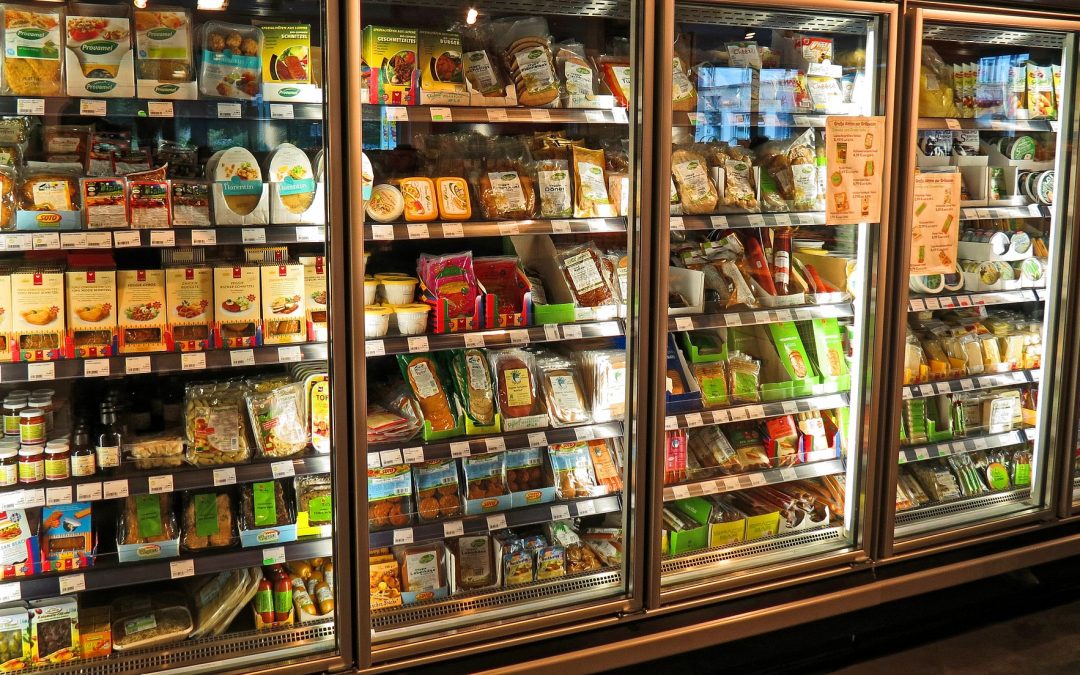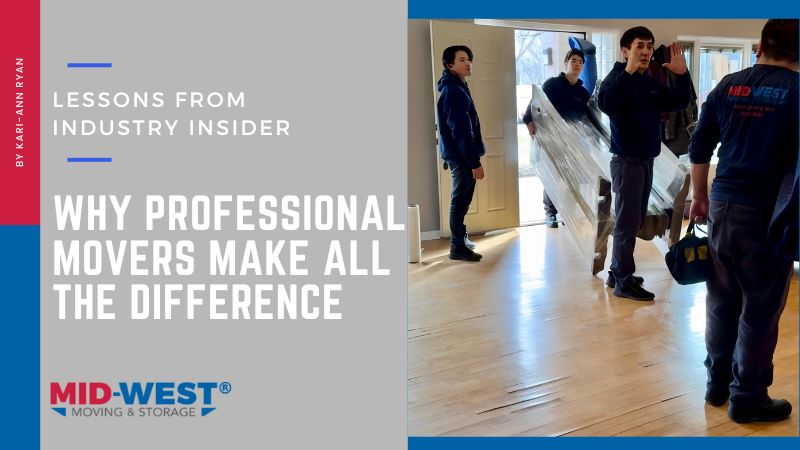Last Updated on August 19, 2020 by Kari-Ann Ryan
You might be disheartened after hiring your moving company only to find there are restrictions on moving specific items. The restrictions are not there because your movers just don’t move these items. There are laws, ordinances, or increased risk with restricted items, and your moving company needs to make sure they are making the best choice for your belongings and their business.
Here are some commonly restricted items and why moving companies request you find an alternative moving solution for them (including moving them yourself). These rules are there so the moving company can follow the law and keep both you and your movers safe from harm.
1. Potted Plants
Moving potted plants can be simple if you’re going to a new home in your same town. However, when you’re moving long distance, or even from one city to another, moving plants becomes more complex.
You might assume the increased difficulty is due to the fact that plants can tip over and make a mess, but the reasons are actually more sophisticated:
- Plants die in moving vans. Plants are living things when you set them carefully in the truck, but long-distance moving often means intense heat or intense cold, depending on the season. Most moving vans are not temperature controlled, and plants quickly wither from the extreme temperatures.
- It’s illegal to move plants long distances without a license. Plants are a vehicle for localized pests that harm vegetation. For example, ash borers can easily catch a ride on plant leaves, introducing this devastating pest to your new environment.
- Plants are difficult to pack well. Temperatures are not the only risk. Plants can tip or break as a result of the bumps of the road. Their general fragility necessitates more careful moving.
If you have a vast collection of house plants, it’s best to leave them with valued friends and neighbors instead of taking them with you on a long-distance move. If you need to take your plants with you, call the new city to ask about the process for screening plants, especially if you are crossing state lines.
2. Food From Your Fridge or Freezer
Even carefully packed in a cooler, perishable food can still spoil. Spoiled food will not benefit you after the move, and it can create spills and smells that permeate the other items in the truck during transit.
However, you don’t have to let good food go to waste! You can donate food you aren’t bringing to your new residence to Move for Hunger. This organization partners with moving companies such as Mid-West Moving & Storage to collect non-perishable foods from people who are relocating. Move for Hunger then donates these items to local food banks or families.
As you go through your pantry, remember that you can donate much more than just canned goods. Pasta, peanut butter, juice, baby food and formula, and boxed meal mixes are also non-perishable. Let your family’s move help other families!
3. Harmful Materials
Poisonous, corrosive, or flammable materials are restricted. Talk to your moving company before packing items like liquid gasoline, paint thinner, chemical solvents, car batteries, or pressurized cans. Charcoal briquettes, lighter fluid, bottles of propane, and whatever else you might use for your home barbecue are also usually off-limits.
Your lawnmower is usually welcome on the trip to your new home. The gas and oil in your lawnmower fuel tank, however, is not. The fuel is a fire hazard. Be sure to completely drain all of your small-engine items of their fuel before readying them for moving.
The risk to your belongings in case of accidental explosion or the risk to the truck driver from leaked fumes is too great to risk the transport of items such as fuel and powerful chemicals. Instead, assume the risk of transportation yourself. Better yet, contact your local waste-management agency for instructions on how to properly dispose of these items instead of taking them with you.
4. Live Animals
You might assume this goes without saying, but many people do not know that they need to make arrangements to move their pets. With pets like cats or dogs, that might mean hiring a pet-moving service or booking a flight with your pet.
For other common backyard animals, like chickens or goats, you’ll need to get more creative. Large animals may necessitate the use of a livestock trailer. Chickens should be boxed or caged humanely and transported in an air-conditioned van. Be sure you are permitted to bring livestock animals (yes, chickens are livestock) with you to your new town or state.
5. Unusual Items
Policies for unusual items are different for different moving companies, so you should always check with your movers if you have unusual moving needs. For example, some movers are perfectly equipped to handle moving grand pianos while others are not. You’ll have to make other arrangements for your piano if you can’t rely on your mover.
Other special needs include movement of ATVs, cars, car parts, pool tables, large sporting equipment, or gun collections. Some movers will also restrict alcohol. If yours does not, it’s still important to get your wine collection packed professionally, as wine is a potentially expensive moving casualty.
Usually, these items are restricted for safety reasons. For instance, pianos are heavy and easily damaged, so without appropriate power or equipment, a moving company risks employee injury and harm to the piano itself.
Contact Us
For more information about moving restrictions, contact Midwest Moving & Storage at 847-593-7201.
We do our best to help make the packing and moving process as painless as possible, so even if you are concerned about restricted items, we can help you find solutions that are legal and safe.












